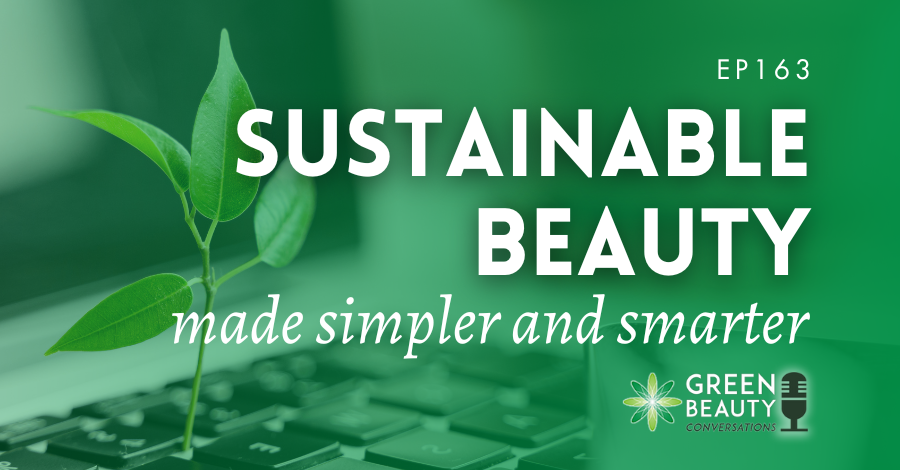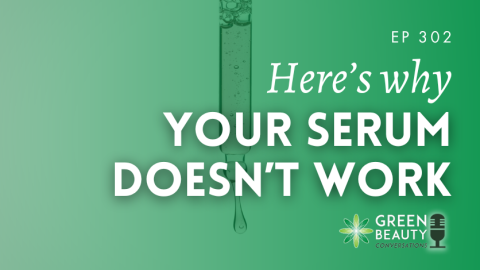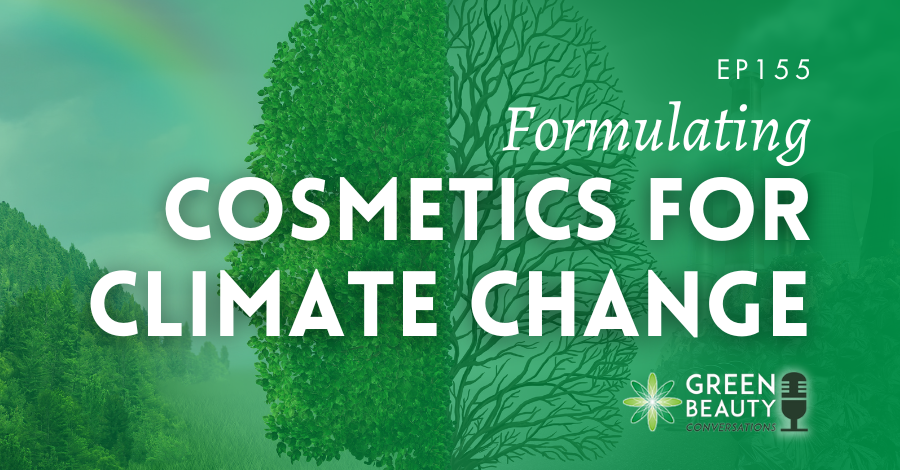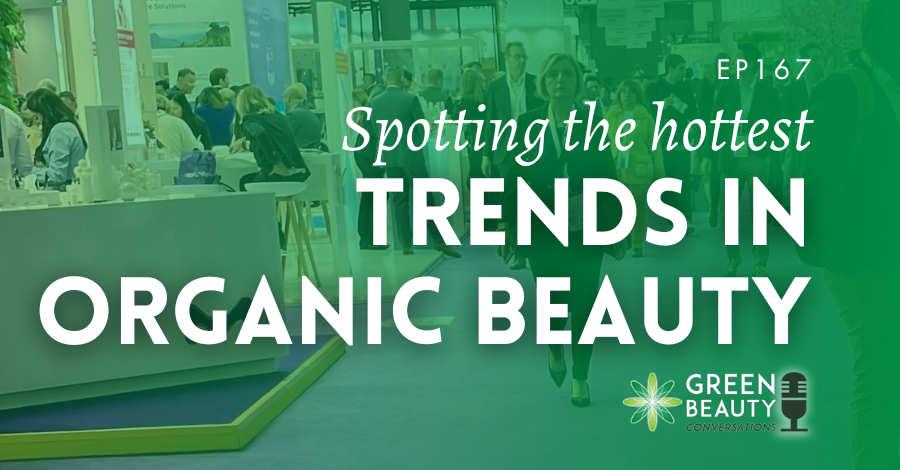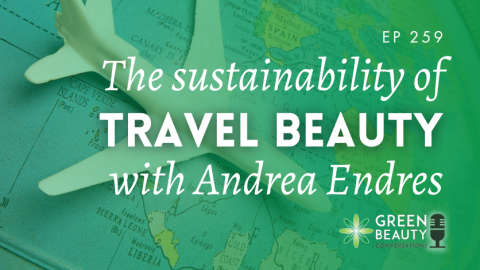Most of us in the green beauty sector are familiar with long-established organic brands Weleda and Dr Haushka, but what we might not know is that they run their skincare businesses according to biodynamic principles. Biodynamic skincare is often described as ‘organic plus’ as it takes a caring, holistic approach that defines not only the farming of botanical ingredients for skincare products but also their entire life cycles from field to face.
The Biodynamic Association defines biodynamics as a “holistic, ecological, and ethical approach to farming, gardening, food, and nutrition”. That is a powerful statement combining as it does three prongs of business that generally don’t feature in equal weight in the commercial realities of big name cosmetics’ companies.
However, this definition might still leave you wondering what exactly biodynamic skincare is. We felt we needed real-life examples of biodynamics in action and what it means in practice to the natural skincare formulator.
Our Green Beauty Conversations guest for this episode is someone who has practically grown-up with the philosophy and practices of biodynamic farming. Sebastian Parsons of Liv, a biodynamic collaborative foundation based on a working farm in Worcestershire, UK, was introduced to biodynamics in his teens by a farmer uncle. He and his team run workshops, an online store retailing biodynamic skincare brands and also, of course, the farm itself.
Sebastian says that biodynamics is all about consciousness; your deep desire to grow and use the best ingredients you can, working with the rhythms of nature. It isn’t simply harking back to a traditional way of growing plants that our ancient forebears would have used as it is anchored in contemporary science. But, it does involve an emotional connection to place and a deep synergy with and understanding of the land.
Listen on iTunes Listen on Stitcher Listen on YouTubeListen on Spotify
In this episode, you’ll learn more about biodynamic skincare and practices, such as:
- Biodynamic practices are about a commitment to life and the living organism. It sees growers seeding, planting, nurturing and harvesting, and manufacturers creating products from biodynamic ingredients on the calendar days best suited to the plants’ needs – not ours.
- Demeter Biodynamic Certification started in 1928 and is the largest worldwide biodynamic regulatory body. It certifies a large range of ‘gold standards’ in biodynamic farming and production ranging from biodiversity and ecosystem preservation to soil husbandry and the prohibition of genetically-engineered organisms. It guarantees consumers the ultimate in high quality products, whether personal care or food.
- Biodynamic skincare is considered more vibrant and ‘alive’ with beneficial ingredients thanks to the way the original botanical materials have been handled in tune with the rhythms of nature.
- The biodynamic calendar is one of the most known aspect of the practice. It is drawn up based on the influences of the moon, planets and constellations on plant growth and lays out what day is most propitious for doing various farming and growing jobs.
Key take-outs from Sebastian include:
- As with any movement that requires a paradigm shift to become part of, the biodynamic community can seem overwhelming to the newcomer. Sebastian recommends dipping your toes in, reading and researching biodynamic practices and gradually getting involved. See the links below for some good places to start.
- Biodynamic practices aren’t only about farming. They translate into ethical business practices. Biodynamic business will not be driven by the need to generate profits over all other concerns.
- In the skincare sector, biodynamic approaches don’t stop at the cosmetic product in its pot. Therapists and other beauty practitioners can adopt biodynamic principles at the point of service delivery to the customer who will experience the therapy differently as a result. See the Liv workshop details below.
- If you are interested in following a biodynamic approach to formulating and selling your cosmetic products, try to embed some of its values from the start; it will then become second nature to work to biodynamic principles fully as your business grows.
Conscious Connecting Workshops & Discount Offer
Liv runs regular Conscious Connecting workshops throughout the year. Sebastian is offering the Formula Botanica community a discount on the early bird price. To find out more about upcoming courses see Skin & Soul Within: Conscious Connecting workshops. To gain the discount, just contact Liv quoting code: Formula Botanica.
Discover more about Liv and biodynamic skincare over at:
Liv website
Liv on Facebook.
Liv on Instagram.
Liv on Twitter.
Links Sebastian mentioned to useful resources on the biodynamic movement, ingredients and practices:
Biodynamic Association, UK.
Biodynamic Certification, UK.
Demeter ingredients directory.
Listen, Download and Subscribe to Green Beauty Conversations
Thank you for joining us for this episode of the Formula Botanica: Green Beauty Conversations podcast. If you enjoyed this episode, please share, subscribe and review on iTunes or Stitcher so that more people can enjoy the show. Don’t forget to follow and connect with us on Facebook, Twitter and Instagram.
FAQs
What is the difference between organic and biodynamic?
Organic ingredients for use in cosmetics are regulated by various certifying bodies around the world. Some key ones are COSMOS, Ecocert and the Soil Association. Organic cosmetics contain no synthetic chemicals, no GMO ingredients and have specific, regulated levels of natural or nature-identical ingredients. Most certifying bodies go further, also stipulating standards for animal welfare, and ethical and sustainable farming practices. Biodynamic farming takes all the principles of organic farming on board but adds to this the need for the farming to be deeply in harmony with nature and the cycles and rhythms of the days, months and seasons. Biodynamic is considered as organic plus and the gold standard in farming methods as it is said to produce more alive, vibrant and beneficial ingredients as they have been carefully handled in tune with nature and its natural cycles.
Where can I learn to formulate natural skincare and haircare?
Join us at Formula Botanica, where tens of thousands of students and followers take our free and paid online courses to learn how to formulate organic skincare and haircare for themselves or to sell and also how to set up a beauty brand and business.
Leave us a comment
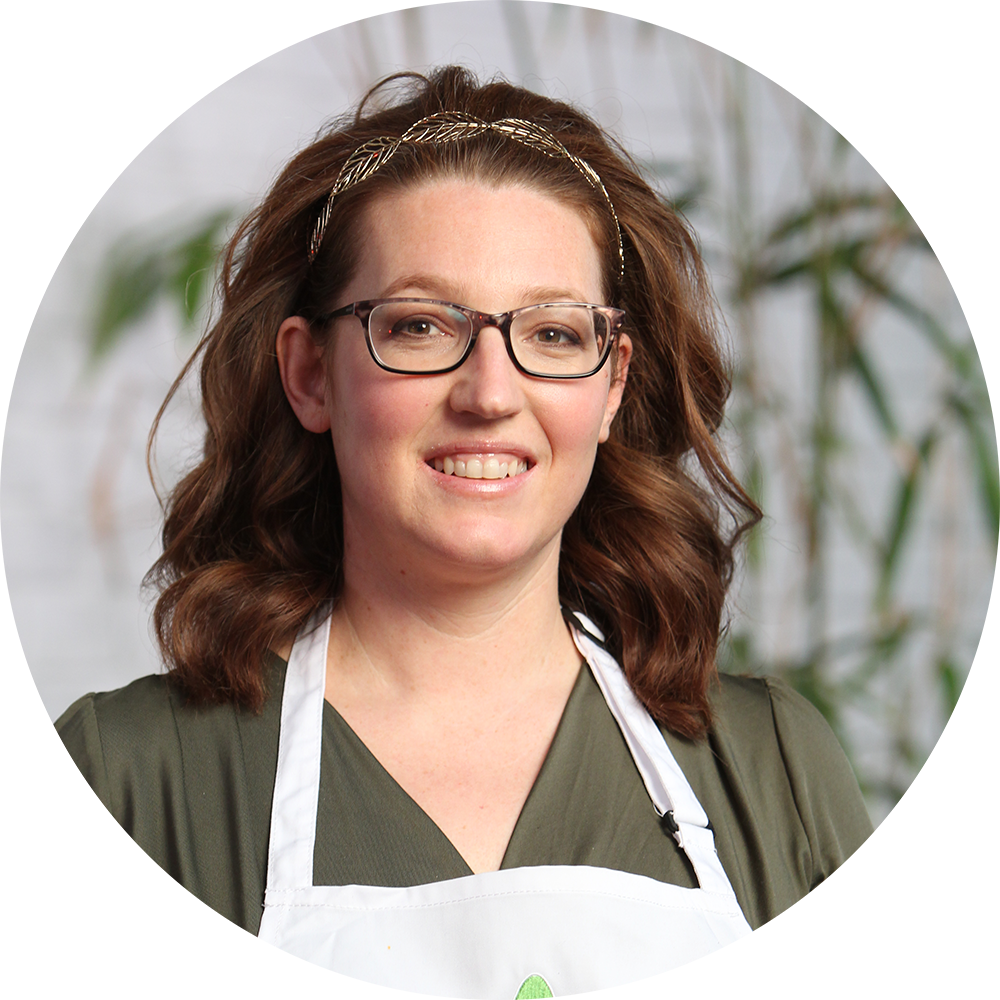
Gemma Ortega Perez was Formula Botanica’s Relationship Manager between 2015 – 2019. To read more about the Formula Botanica team, visit our staff page.



